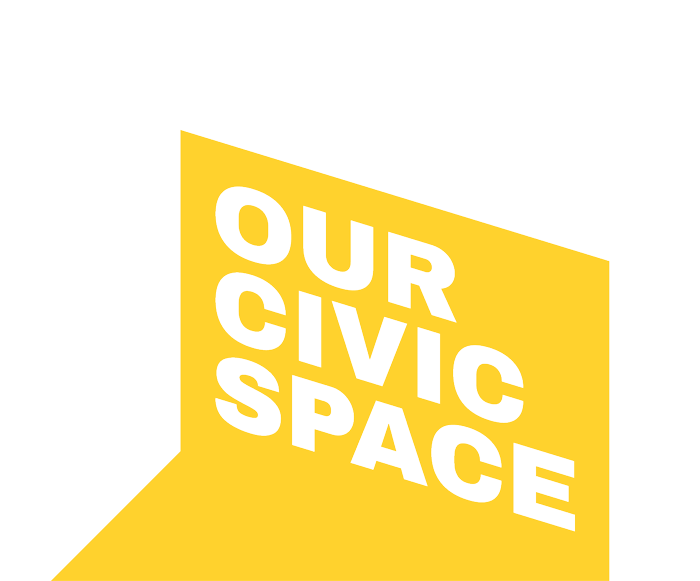6th April – A day to celebrate the contribution of sports towards peace and development!
Since 2014, the 6th April has been named the International Day of Sports for Development and Peace. It has been created by the United Nations to acknowledge the positive contribution of sports towards social change, community development, peace and understanding between cultures and people.
For many children and young people around the world, sport represents the unique platforms for positive socialisation and development. It has been recognized as one of the major contributors to the Sustainable Development Goals by the United Nations. It is a fundamental right and a meaningful tool to create interaction, raise voices and develop civic competences.
Together with the partners from the Here to Stay project we strive to maximise the positive contribution of sport in the development of individuals and communities. The sport in itself has always proven to be an authentic space for gathering, expression and healthy behaviour. In this regards and thanks to a number of dedicated interventions, our commitment is to increase the positive outcomes of sports.
Firstly, we provide free and equal access to young people, who may not have the means to join an affiliated sports activity. The activities provided are offered regardless of the sportive ability, gender or social background. We are devoted to create an equal playing field in all of the activities we offer.
Our intervention also allows the young people to develop themselves during their practise of the sport, through a number of approaches that guides the participants to better communicate with each other, to find compromises, to reflect on a situation, to determine their own rules but also accompanies the participants in giving each other constructive feedback and positive encouragement. We are therefore also addressing a gap in the traditional schooling system, where children are often too confined in a firm and non-progressive model of education that rarely allows them to progress differently than in a competitive and individualistic mind-set.
The sport can also be an effective tool to prepare young people towards employment and gain essential soft skills, which are more and more demanded on the job market. Training and playing can teach participants to make better decisions as they face different choices on and off the pitch, to adapt to new situations as they experience changes in a game plan and in life, to control their emotions as they can undergo through peaks in frustration or stress during a match or at school, or simply to better reflect your opinion in public after a match as with colleagues at work. The panel of skills that can be taught through sport is vast and provides an ideal preparation for the active and responsible life at work, in society among peers and family.
We are therefore unanimously convinced as a consortium of European partners of the tremendous power that sport can have on the lives of young people around the world. We are celebrating this day with prospect, as we are facing an exceptionally challenging time for the practise of sport and looking forward to be back on the fields as sport is here to stay!
Written by INEX
